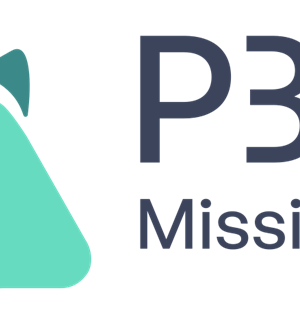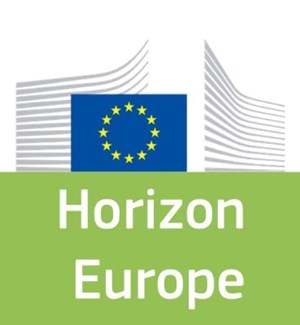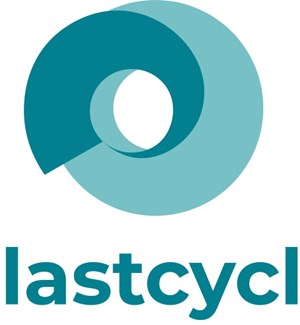The main purpose of this project is to enable a resource-efficient circular plastic economy that is based on 100% renewable and bio-based residual streams. Addressing this topic is of instrumental importance to reach the climate goal in 2030 and a climate-neutral economy in 2045. The current materials economy, that is of basal importance to our everyday life and society, is fossil-based, leading to pollution and large CO2 emissions. BioPlastEco will initiate a systematic change to expediently generate and recycle biomaterials and existing plastics based on resource- and energy-efficient chemistry, namely light and biotechnologies. The project follows a holistic approach within the framework of an interdisciplinary collaboration between academia, industry, community actors and research institutes to create synergies between the global goals: “partnerships for the goals”, “climate action”, “responsible consumption and production”, “clean water and sanitation”, “industry, innovation and infrastructure”, and “life on land”. Lifecycle assessments and techno-economic evaluation are continuously implemented to guide process development and support choices of renewable residual streams that can sustain the smart circular plastic economy herein, and balance arising conflicts between goals. The technologies developed in the project will be harmonized with standardization to be universally and globally applicable on diversified material flows of high industrial and social relevance. The project information has been extracted from Swecris.
Want to analyze based on this project via our analysis tool? Analyze this project
Knowledge Gaps
Degradation
Environmental fate and behavior of plastic
Commercial-related uncertainties
Environmental effects and ecotoxicity
Environmental exposure





